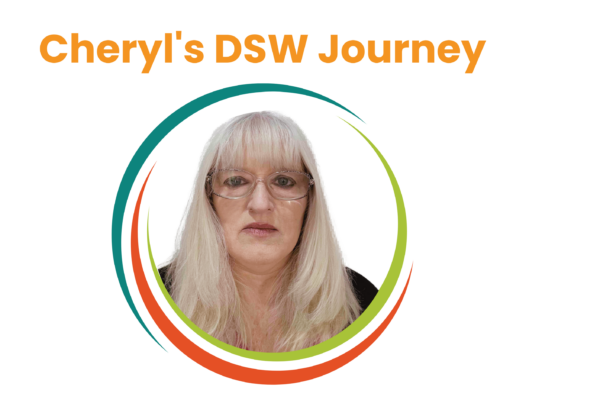 At Independent Disability Services (IDS), we are committed to keeping our community informed about important changes within the National Disability Insurance Scheme (NDIS), especially when it comes to the role of support workers. As the NDIS continues to evolve, recent updates to policies and guidelines are set to impact how support workers deliver services to participants. Here’s what you need to know about these changes and how they may affect you.
At Independent Disability Services (IDS), we are committed to keeping our community informed about important changes within the National Disability Insurance Scheme (NDIS), especially when it comes to the role of support workers. As the NDIS continues to evolve, recent updates to policies and guidelines are set to impact how support workers deliver services to participants. Here’s what you need to know about these changes and how they may affect you.
Increased Flexibility in Support Worker Roles
One of the significant changes in the NDIS framework is the increased flexibility for support workers. Under the revised guidelines, NDIS participants now have more autonomy to direct their support workers in providing tailored care. This means support workers can now offer more personalised assistance based on the participant’s specific needs and preferences, ensuring a higher level of individual empowerment and choice.
Enhanced Qualifications and Training Standards
To ensure that participants receive the best care possible, the NDIS is implementing stricter qualification and training requirements for support workers. These changes aim to improve the quality and consistency of care across the board. Support workers are now required to undergo additional training, including specific modules on working with individuals with disabilities, safeguarding practices, and person-centered care. This not only boosts the skills of support workers but also ensures participants receive services from professionals who are up-to-date with the latest standards in disability care.
Focus on Well-Being and Mental Health
Recognising the importance of holistic care, there is a growing emphasis on support workers’ role in fostering the well-being and mental health of NDIS participants. Support workers are now encouraged to take a more proactive approach to promoting positive mental health outcomes by engaging in activities that enhance emotional and psychological well-being. This shift reflects a broader understanding of the critical link between physical and mental health, ensuring that NDIS participants receive comprehensive care.
Safeguarding and Protection Policies
The NDIS has introduced new safeguarding policies to ensure the safety and security of participants. These changes include more rigorous background checks and ongoing compliance requirements for support workers. This added layer of protection is designed to create a safer and more trustworthy environment for participants, ensuring that the services provided meet the highest ethical standards.
What This Means for IDS Clients
At IDS, we have always prioritised delivering high-quality, personalized support to our clients, and we welcome these changes as a positive step toward improving the NDIS experience for everyone involved. Our team of support workers is fully committed to meeting the new standards and continuing to provide exceptional care tailored to each participant’s needs.
If you’re a client of IDS, you can expect to see these changes reflected in the services you receive, with an even greater focus on choice, empowerment, and well-being. We’re dedicated to supporting you through every step of your NDIS journey, and our support workers are here to ensure you thrive.
Stay Informed
As always, IDS will continue to monitor any further changes to NDIS policies and communicate these updates to our community. If you have any questions about how these changes might affect your support plan, please don’t hesitate to reach out to us. Our team is always here to assist and guide you through any adjustments.
By staying up to date with the latest NDIS changes, IDS remains committed to ensuring that all participants receive the best possible care and support. The changes to support worker roles are designed to enhance the quality of service, promote flexibility, and strengthen safeguarding measures—improving the overall experience for NDIS participants and their families.






